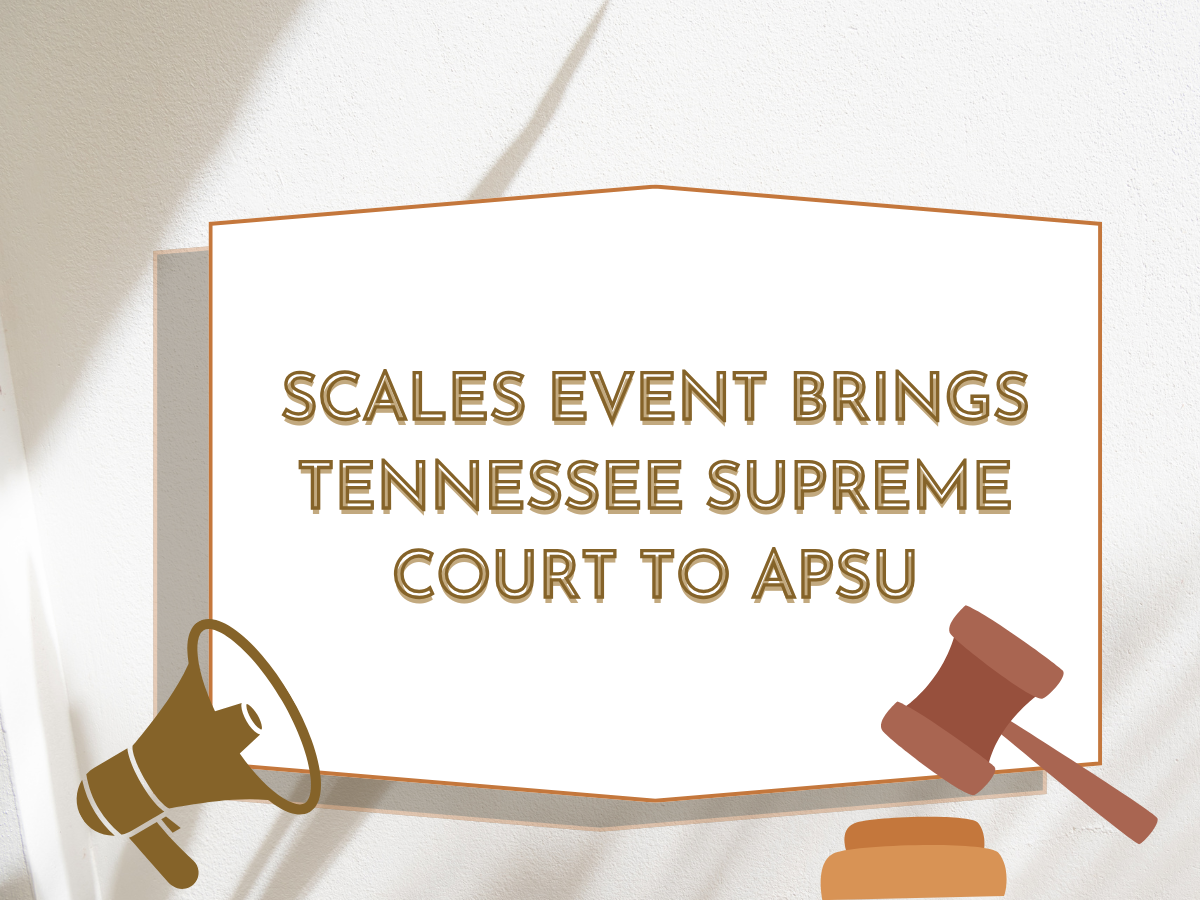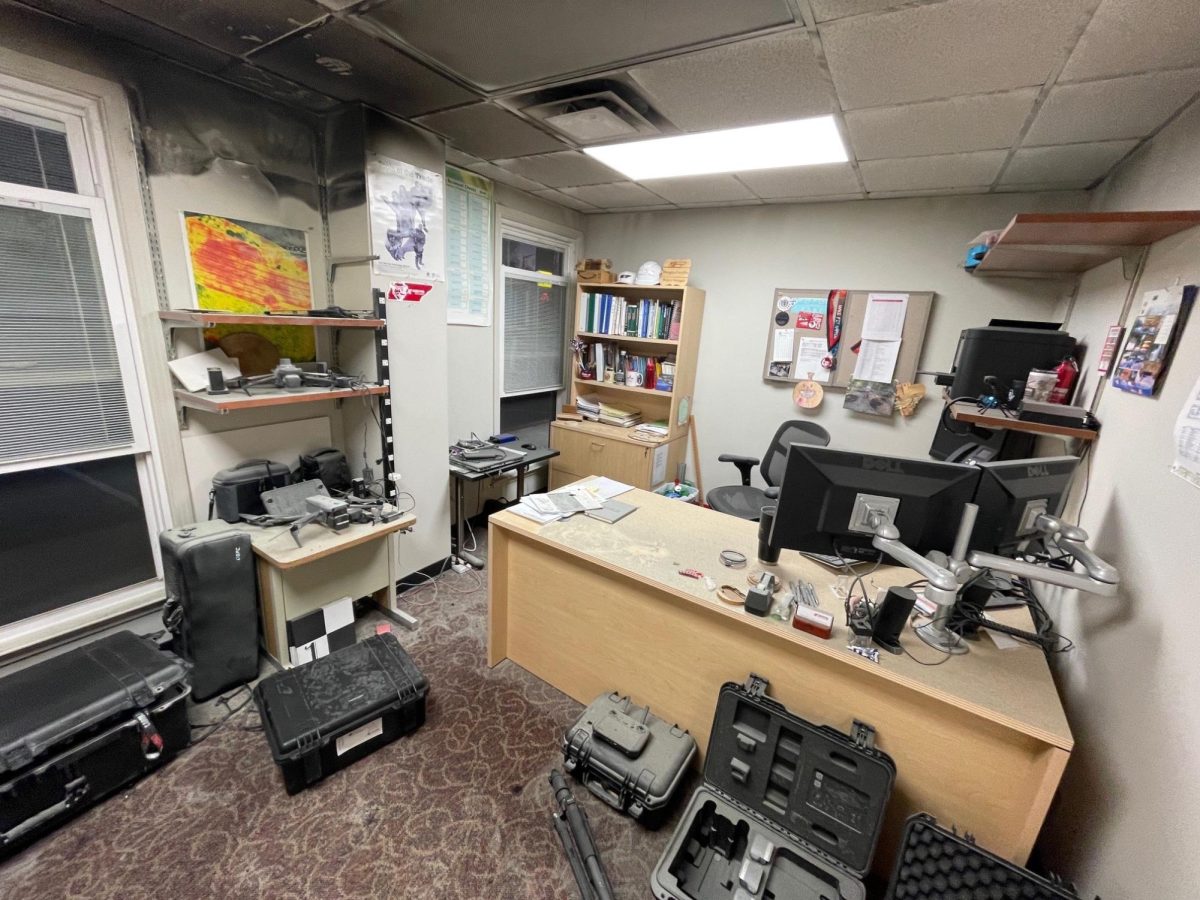» By Lauren Cottle
News Editor
The Quality Enhancement Plan is currently advertised with signs in different areas around campus and in regular emails to students as part of a blitz Public Relations effort to promote student knowledge of the program that has already begun to affect APSU.
Loretta Griffey spoke about the main features of the QEP at the Student Government Association meeting on Wednesday, Feb. 5. Griffey is an APSU faculty member and a former Tennessee Board of Regents representative.
Every 10 years, colleges belonging to the Southern Association of Colleges and Schools must develop a QEP to “contribute to institutional improvement,” according to the SACS website.
The 2003 QEP resulted in programs such as APSU 1000, Student Transitions and advising surveys. While the plan was intimidating and a “big deal” in that time period, according to Griffey, the plan is now “just part of the institution.”
Griffey plans on the current QEP working the same way. In 10 years, programs included in the QEP – most notably, the e-portfolio – will be “part of the fabric of our institution.”
This year is the first of five years for APSU’s new QEP. The key terms for the new plan are “explore, experience, excel.”
Griffey, along with other professionals and faculty members, has been developing the QEP in the last 15 months. The plan, according to Griffey, will “carry our institution to the next step.”
The main goal of the QEP is encouraging APSU students to become more engaged in learning experiences outside of the classroom.
The QEP defines “transformative learning experiences” as anything that adds a “fundamental perspective on subject matter.” This can include service learning, undergraduate research, internships and studies abroad.
APSU, according to Griffey, already has a “culture of engagement.” She said the plan intends to “foster that culture” in APSU students.
One attribute of the plan is utilization of an e-portfolio that students will add to throughout their college careers. Upon graduation, the portfolio will provide a summary of accomplishments and skills that will make the degree “more useful and worth more to employers,” Griffey said.
Griffey believes that the QEP will be “beneficial to student learning” and explained to the SGA that one of the goals for the student body is to make APSU students more engaged, productive and globally aware citizens.
The QEP includes the goals of improving students’ critical thinking, communication skills, creativity, leadership and appreciation of all cultures.
“I think it’s a fabulous opportunity for students,” Griffey said.
According to NSSE results, APSU is 20 percent behind “peer institutions.” NSSE is a survey that measures student engagement and learning outcomes in higher education. Catching up to these institutions is one of the QEP’s goals.
Griffey attributes this disparity to the percentage of commuter and nontraditional students at APSU, as well as students simply not being aware of activities considered transformative learning experiences.
The QEP will “create a structure for you to reflect upon” learning experiences gained throughout college, according to Griffey. TAS






